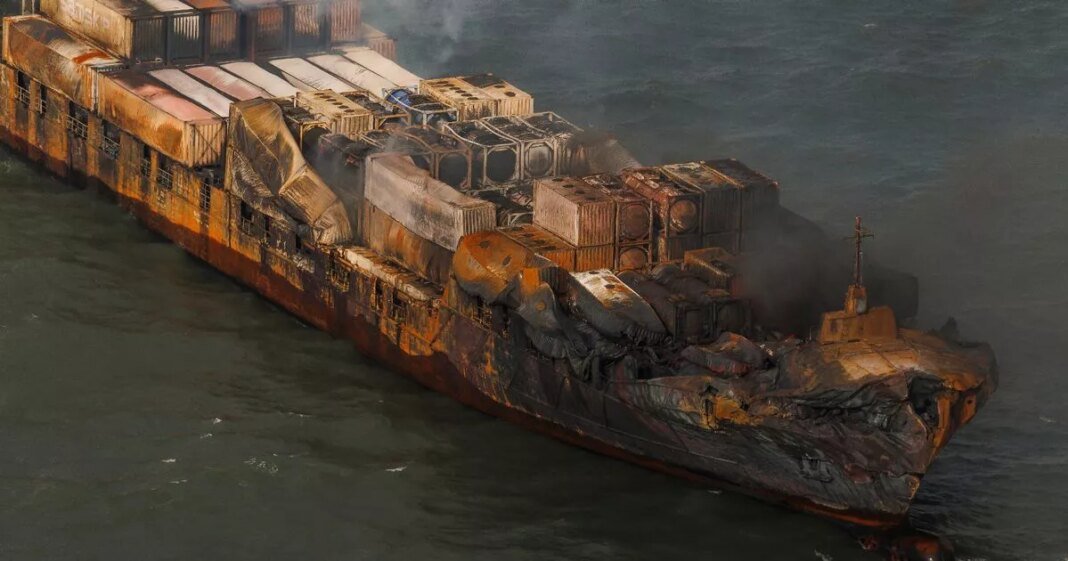‘North Sea oil crash could spill into environmental disaster – even affecting human health’
Unlike other spills, we may not see birds, other species, or habitats drenched in oil.
But this still has the potential to be an environmental disaster – with both short and long term impacts – affecting everything from the smallest plankton to the largest whales and dolphins in our waters. Jet fuel is immediately harmful to local wildlife through ingestion.
In time, it could move up the food chain from fish into birds and people, as well as impacting fishing and tourism if they reach the coast. A rapid response and clean up is vital to limit the lasting health and environmental effects.
But the size of the spill, weather conditions, sea currents, water waves and wind patterns will all play crucial roles in determining environmental outcomes. Greenpeace is extremely concerned about marine wildlife as the jet fuel enters the water close to a breeding ground for harbour porpoises and home to other species.
It warned: “While we don’t know about the status of the containers holding sodium cyanide, we’re dealing with a highly toxic chemical that could cause serious harm. Any release of bunker fuel could also pose serious risks to nearby nature sanctuaries. We must hope an environmental disaster can be averted.”
The East Yorkshire’s coast is home to protected and significant colonies of seabirds including puffins, razorbills, gannets and kittiwakes.
Yorkshire Wildlife Trust added: “Many birds are gathering offshore on the sea ahead of the nesting season and we still have wintering waders – plus migrant birds stopping here – so we’re very worried indeed about the threat to these birds. Also, there are significant numbers of Atlantic grey seals in the area, many rearing this year’s young, as well as porpoises and other cetaceans around Spurn.
“If pollution spillage enters the Humber, this could potentially be devastating for the wildlife of the estuary, including important fish stocks and tens of thousands of overwintering and migrating birds who use the mud flats.”
Prof Ben Garrod, professor of Evolutionary Biology and Science Engagement, UEA, explained that this is the second example in a year of toxic cargo from ships ending up in the North Sea. He said: “We should be doing all we can to monitor the impact that the release of tonnes of ecologically damaging chemicals has on our fragile marine environment, and more importantly, should be doing all we can to ensure this never happens again.”
Get email updates with the day’s biggest stories

